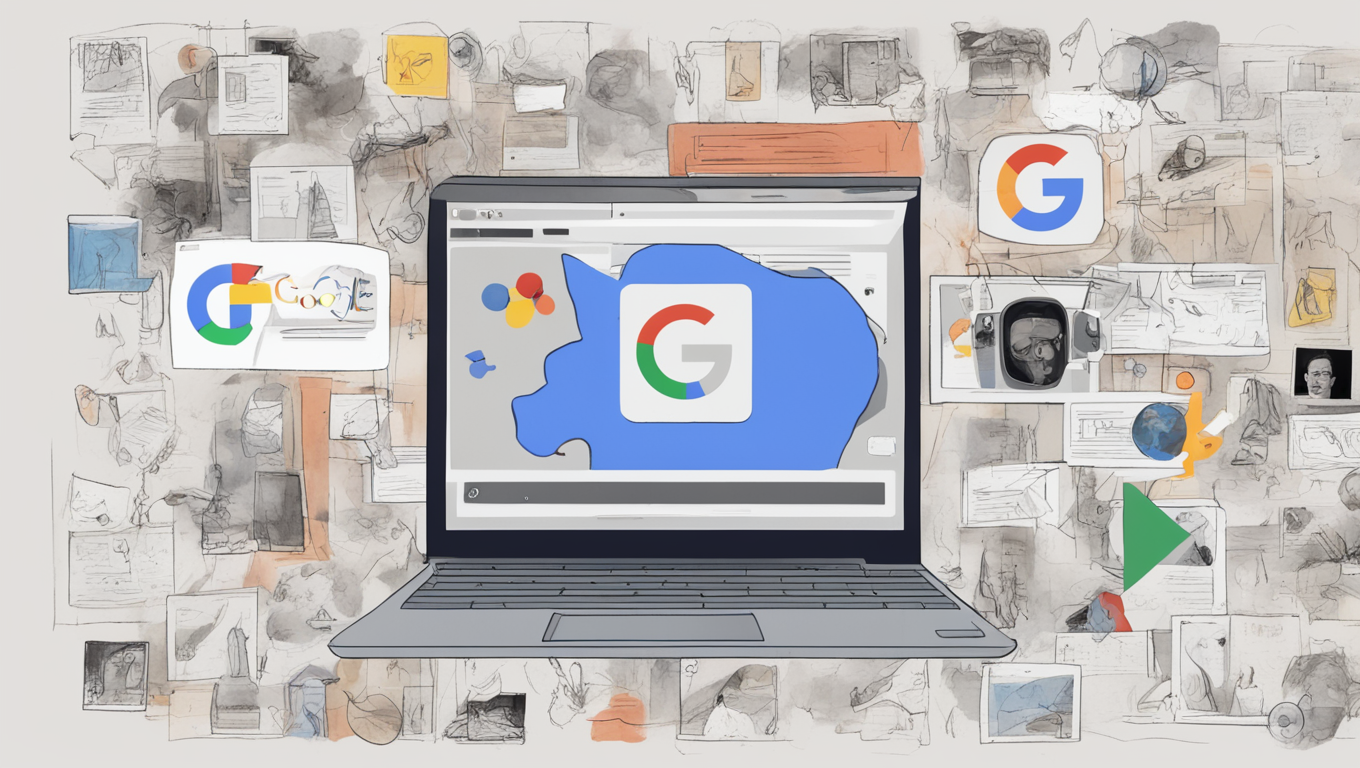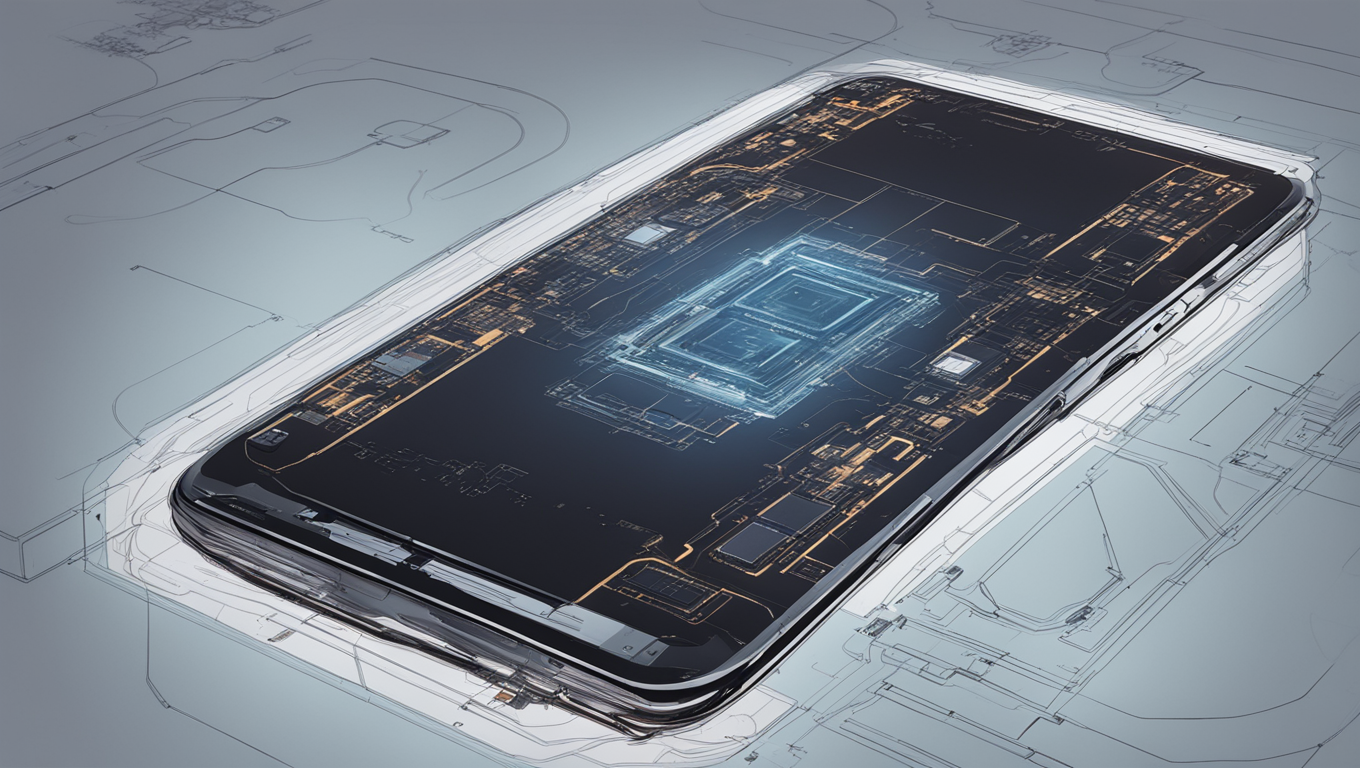In the ongoing battle for dominance in the field of generative artificial intelligence (AI), Alphabet unit Google has emerged as a frontrunner due to its vast reserves of data and AI-optimized chips. This revelation comes as Microsoft recently informed EU antitrust regulators of Google’s competitive advantage in generative AI, highlighting the intense rivalry between these two tech giants. In response to a consultation launched by the European Commission, Microsoft emphasized the concerns surrounding the growing popularity of generative AI, which has the ability to generate human-like responses to written prompts. Microsoft-backed OpenAI’s ChatGPT and Google’s chatbot Gemini are prime examples of this technology.
Google’s distinct advantage lies in its vertical integration across various AI layers, from chips to the thriving mobile app store. Microsoft explicitly stated in its report to the Commission that Google is the only company currently able to achieve such integration, while others must rely on partnerships in order to innovate and compete. Additionally, Google’s self-supplied AI semiconductors will continue to give the company a competitive edge, and its vast proprietary data from platforms like the Google Search Index and YouTube enable the training of its large language model Gemini.
Microsoft further pointed out that Google’s access to YouTube’s extensive video content, hosting an estimated 14 billion videos, is unparalleled. This content provides Google with a significant advantage that other AI developers do not possess. Furthermore, both Google and Apple benefit from their AI-powered voice assistants, namely Google Assistant and Siri, which position the companies well to lead in the field of generative AI. Microsoft noted that new entrants and competitors will not enjoy the same advantages as Google and Apple.
Not surprisingly, Google did not take Microsoft’s comments lightly and responded by highlighting its commitment to openness and contrasting it with other companies that lack the same level of transparency. A Google spokesperson commented, “We hope the Commission’s study will shine a light on companies that don’t offer the openness of Google Cloud or have a long history of locking-in customers - and who are bringing that same approach to AI services.”
In an attempt to address regulatory concerns about the collaboration between Big Tech and start-ups, Microsoft defended such partnerships by pointing out that many start-ups in the AI space have relied on different forms of investments and partnerships to enter and expand in the industry. Microsoft cited examples like Anthropic, backed by Google and Amazon, France’s Mistral with a Microsoft investment of 15 billion euros, and Canada’s Cohere, which has enjoyed investments from Salesforce and Nvidia. Microsoft argued that promoting pro-competitive partnerships in the AI space is an effective way to prevent vertical integration that could result in anti-competitive advantages.
This ongoing battle for dominance in generative AI reflects the significance of this technology in the digital age. As concerns about misinformation and fake news continue to rise, it becomes increasingly crucial to understand the strengths and weaknesses of the leading players. While Google currently holds the upper hand due to its extensive data reserves and vertical integration, the landscape of generative AI remains dynamic and subject to change. Only time will tell how this fierce competition will unfold and which company will emerge as the ultimate leader in this transformative field.





Use the share button below if you liked it.